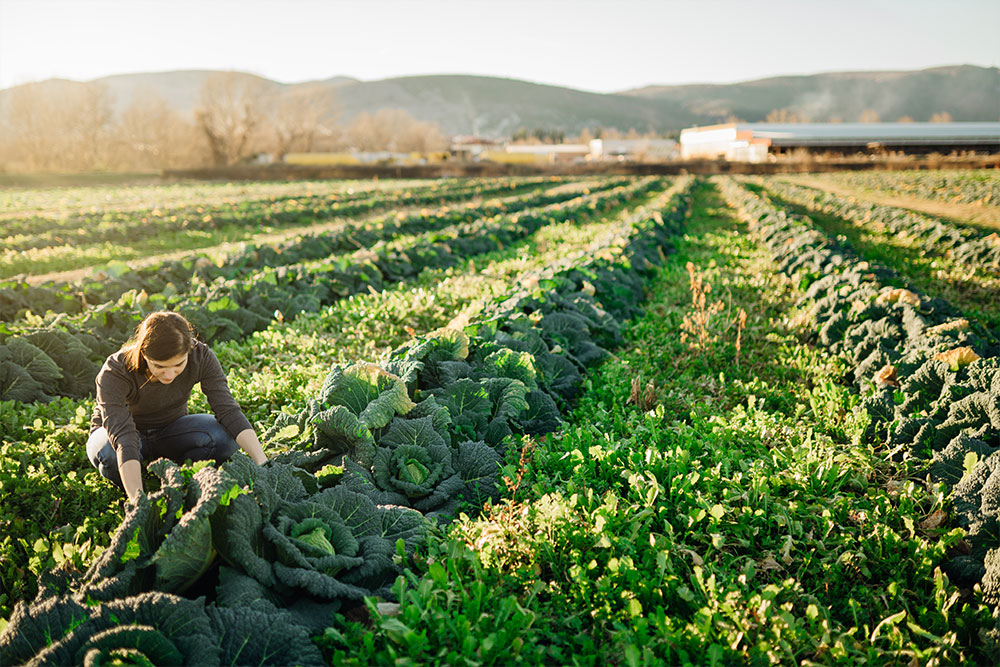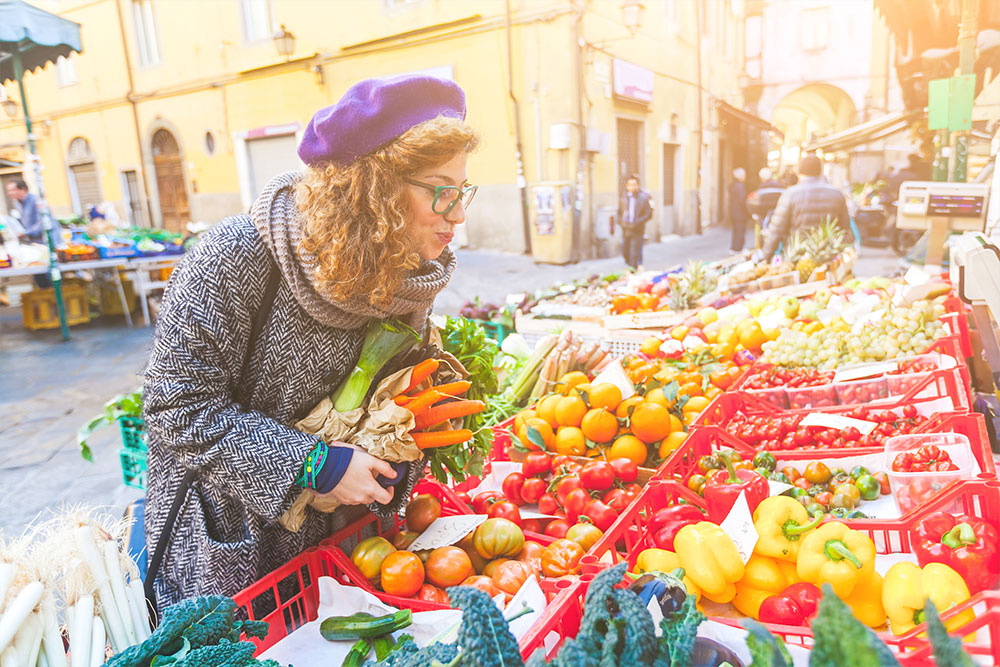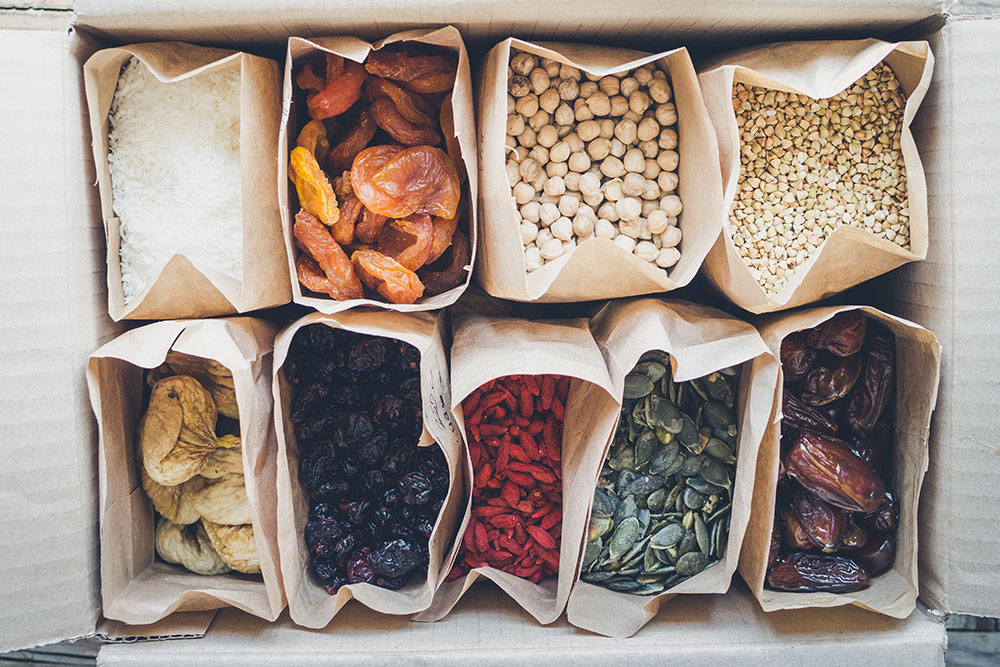The world has altered as a result of what we eat. Forests have been destroyed all around the world to make room for cattle and crops to feed animals, while our oceans have become barren due to trawling and overfishing. Food production is not only the leading cause of wildlife extinction, but it also plays a role in climate change, accounting for almost a quarter of worldwide greenhouse gas emissions. So the question remains, how do we switch to a more eco-friendly diet? Well, here’s what we found out.

The importance of switching to a diet that is easy on the environment is something that has been debated over the years, with numerous studies pointing towards its many benefits. Dr Eileen Canday, head dietician and head of department, nutrition and dietetics Sir HN Reliance Foundation Hospital, Mumbai shares, “Eco-friendly eating entails developing eating habits that are less harmful to the environment and more beneficial to our community. We must continuously ask ourselves what, when, how, and why we are consuming specific foods in order to practise eco-friendly eating. We can have a better grasp of the effects our food choices have on our communities and the environment if we ask ourselves these questions. To have a significant impact on the environment, we must make tiny changes to our dietary patterns, such as refraining from consuming animal products. Eating green necessitates true, ongoing concern for the environment and your health. When you bring the earth closer to restoration, your efforts pay dividends.”

So what can you do to ensure that you have a minimal impact on the environment? Dr Canday suggests the following tips to make those changes to your diet.
• Consume Mindfully: This entails being fully aware of your eating patterns, scheduling time to eat healthy foods, concentrating on your food while eating, and distinguishing between hunger and appetite.
• Eat More Plant-Based Foods: Increasing the amount of plant-based foods in your diet helps to lower your environmental ‘foodprint' while also making sure that your body receives the nutrients it requires to function. Consuming more fruits, vegetables, legumes, nuts, and whole grains is a fantastic way to receive the vital vitamins, nutrients, and protein that a healthy and balanced diet requires on a long-term basis. These meals are also generally more cost-effective to manufacture than animal-based foods because they consume substantially less water.

• Cook More: Cooking larger batches of meals like soups, gravies, and sauces not only saves time and work when you need to grab a quick dinner from the freezer, but it also saves energy because you're only using your cooking appliances once.
• Storage Is Important: Proper food storage not only keeps food fresher for longer, but it also reduces food waste.

• Seasonal Eating: Buying seasonally goes hand-in-hand with thinking about your location. When you buy fruits and vegetables in season, you reduce your chances of eating food that has travelled across the country. You also save money and get fresher foods that haven't been exposed to chemicals.
• Mindful Minimal Packaging: Some companies have tried food packaging made of polymers, bamboo, and seaweed. Choose reusable packages and items made of metal, glass, or plant-based materials to limit your consumption of petroleum-based, single-use plastics.